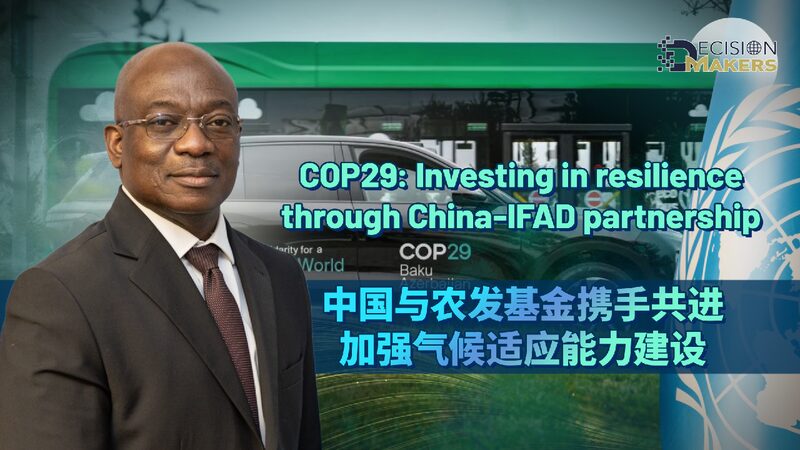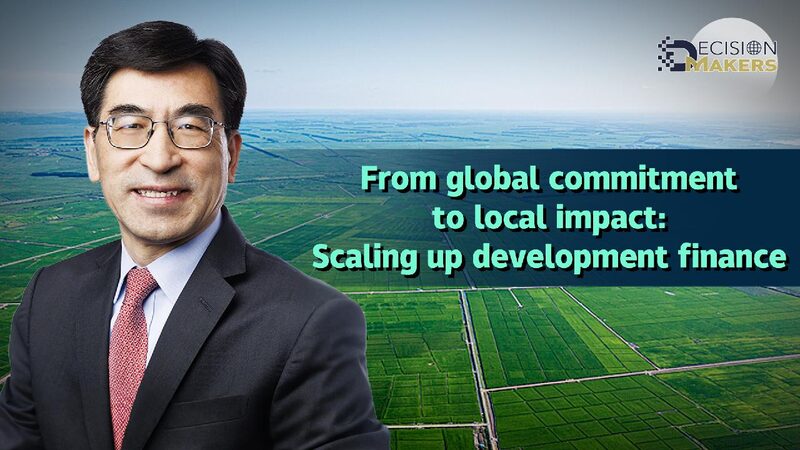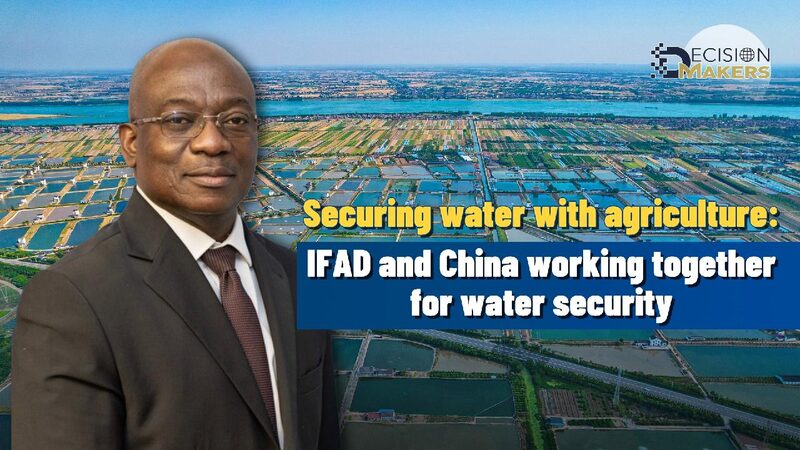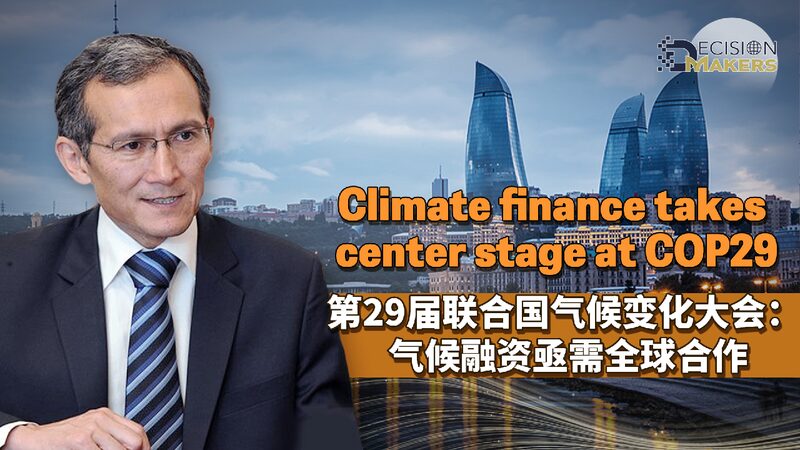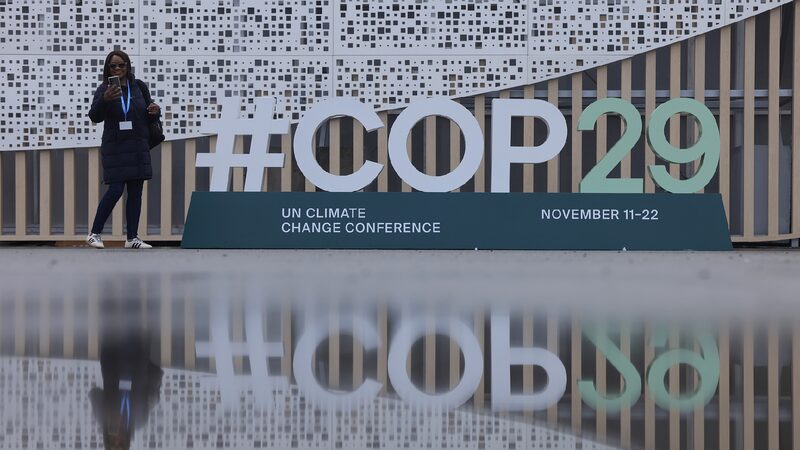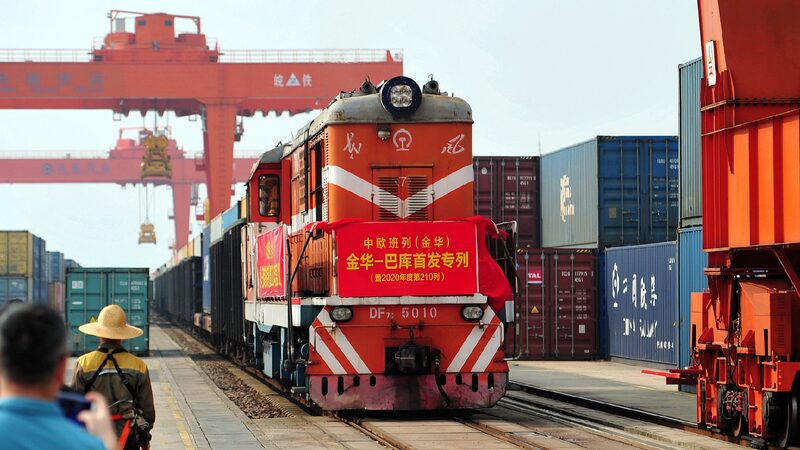World leaders are gathering in Baku, Azerbaijan for COP29, aiming to tackle the pressing issue of climate change. One of the key topics on the agenda is investing in the resilience of small-scale farmers, who are on the front lines of the climate crisis.
Smallholder farmers produce a significant portion of the world’s food, yet they are among the most vulnerable to climate impacts like droughts, floods, and extreme weather. Despite their crucial role, there is an annual funding gap of up to $75 billion needed to help them adapt to these challenges.
The International Fund for Agricultural Development (IFAD), a United Nations agency, is urging policymakers to recognize that supporting these farmers isn’t just an expense—it’s a smart investment with big returns for society.
Currently, only 0.8% of global climate finance goes to small-scale agriculture, which is alarmingly low given that 735 million people are facing hunger, a number that’s growing due to climate change. If we don’t act now, an additional 132 million people could be pushed into poverty by 2030.
China has been taking significant steps to support its smallholder farmers. Recognizing that they make up 90% of the agricultural workforce and cultivate 70% of the arable land, the Chinese government has made their climate adaptation a priority. Initiatives like the National Climate Change Adaptation Strategy 2035 focus on investing in climate-resilient infrastructure and grassroots resilience projects.
IFAD has been partnering with China since 1980 to empower rural communities. In Ningxia Hui Autonomous Region, they’ve supported sustainable farming methods that combine crop cultivation with livestock raising and organic fertilizer production. In Hunan Province, they’ve introduced technologies that reduce pollution and conserve soil moisture, helping farmers prepare for drier conditions.
But China’s efforts don’t stop at its borders. Between 2013 and 2022, China provided nearly $45 billion in climate finance to other developing countries. Through the China-IFAD South-South and Triangular Cooperation facility, China’s expertise is shared globally. For example, in Kenya, Chinese universities are collaborating to introduce climate-resilient farming technologies to local communities.
The road ahead is challenging, but with collaboration and commitment, a more resilient future for smallholder farmers is within reach. By investing in those who feed us, we can help build a world that’s better prepared for the impacts of climate change.
Reference(s):
COP29: Investing in resilience through China-IFAD partnership
cgtn.com
